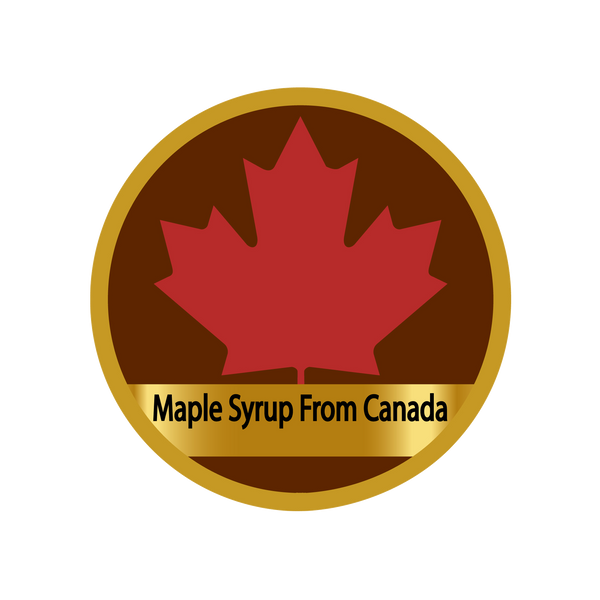Introduction
As the demand for pure Canadian maple syrup continues to rise globally, food and beverage manufacturers are increasingly exploring efficient ways to manage their supply chains. One strategic approach is to import bulk maple syrup and bottle it in the destination country. This method offers numerous advantages, from cost savings to regulatory compliance and market flexibility. Here’s why bottling maple syrup in a foreign country makes strategic sense for international businesses.
Cost Efficiency
1. Lower Operational Costs
Bottling maple syrup in the destination country can significantly reduce operational costs. Labor, packaging materials, and production expenses are generally lower outside of Canada, particularly in regions with favorable economic conditions. By leveraging these cost differentials, businesses can achieve substantial savings compared to bottling in Canada.
2. Reduced Tariffs and Customs Duties
Shipping maple syrup in bulk drums rather than pre-bottled products helps mitigate high tariffs and customs duties. According to international trade regulations, the Harmonized System (HS) code for bulk maple syrup incurs lower tariffs than bottled products, leading to cost savings on import duties and taxes. This is especially beneficial for large-scale operations where these costs can add up significantly.
Enhanced Quality Control and Assurance
1. Certified Quality Standards
Each bulk drum of maple syrup from Maple Syrup From Canada Inc. is accompanied by a quality analysis certified by ACER Division Inspection Inc. This certification guarantees that the syrup meets stringent quality standards, ensuring consistency and purity for bottling in the destination country.
2. Extended Shelf Life
Maple syrup stored in bulk drums has a longer shelf life due to pasteurization and controlled storage conditions. This extended shelf life allows manufacturers to manage their inventory more effectively, reducing waste and ensuring that the syrup remains fresh until it is bottled and distributed.
Flexibility and Compliance
1. Local Labeling and Packaging Compliance
Bottling syrup in the destination country provides the flexibility to comply with local labeling and packaging regulations. Different countries have specific requirements regarding product labeling, nutritional information, and packaging standards. By bottling locally, businesses can ensure that their products meet all regulatory requirements, avoiding potential legal issues and market entry barriers.
2. Private Label Opportunities
Local bottling facilitates private labeling, allowing businesses to create unique brand identities tailored to specific markets. This customization enhances brand recognition and differentiation, catering to local consumer preferences and boosting market competitiveness.
Environmental and Logistical Benefits
1. Reduced Carbon Footprint
Transporting maple syrup in bulk is more environmentally friendly compared to shipping bottled products. Bulk shipping reduces the number of shipments required, lowering greenhouse gas emissions associated with transportation. This approach aligns with sustainable business practices and corporate social responsibility goals.
2. Streamlined Supply Chain
A streamlined supply chain enhances operational efficiency. By bottling locally, businesses can better control their production schedules, respond quickly to market demand changes, and reduce lead times. This agility is crucial in dynamic markets where consumer preferences and demands can shift rapidly.
Strategic Market Advantages
1. Competitive Pricing
By reducing costs associated with production, tariffs, and logistics, businesses can offer competitively priced products in the market. This pricing advantage can help capture market share, particularly in price-sensitive markets.
2. Improved Market Penetration
Local bottling allows businesses to adapt their products to meet local tastes and preferences, improving market penetration. This adaptability is essential for building strong customer relationships and fostering brand loyalty.
Conclusion
For food and beverage manufacturers engaged in international business, importing bulk maple syrup and bottling it in the destination country offers strategic advantages. This approach ensures cost efficiency, regulatory compliance, quality assurance, and environmental sustainability. By leveraging these benefits, businesses can optimize their supply chains, enhance market competitiveness, and deliver high-quality maple syrup to consumers worldwide.

